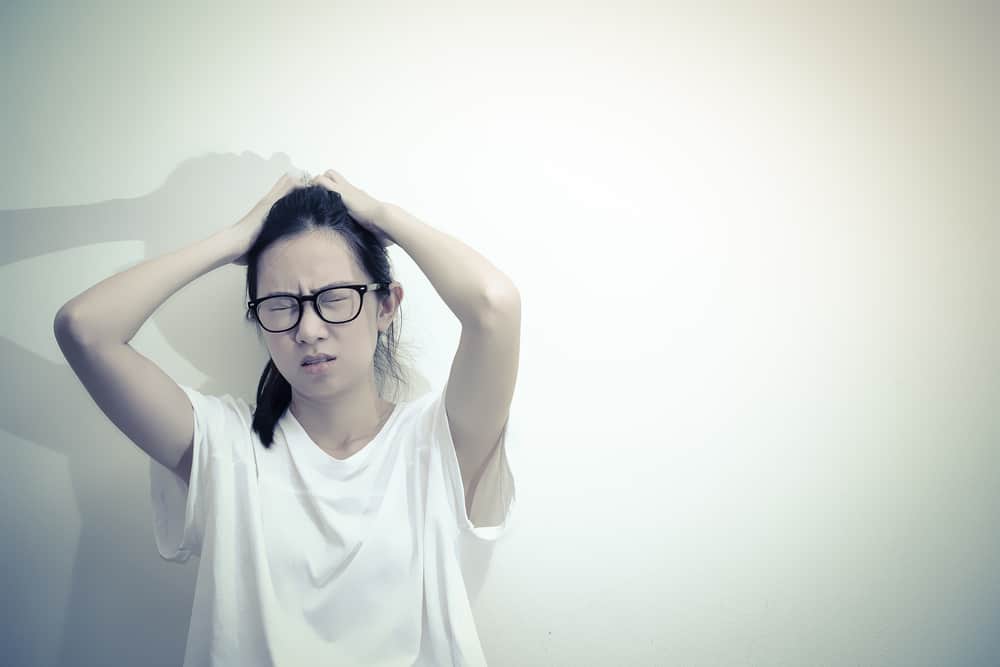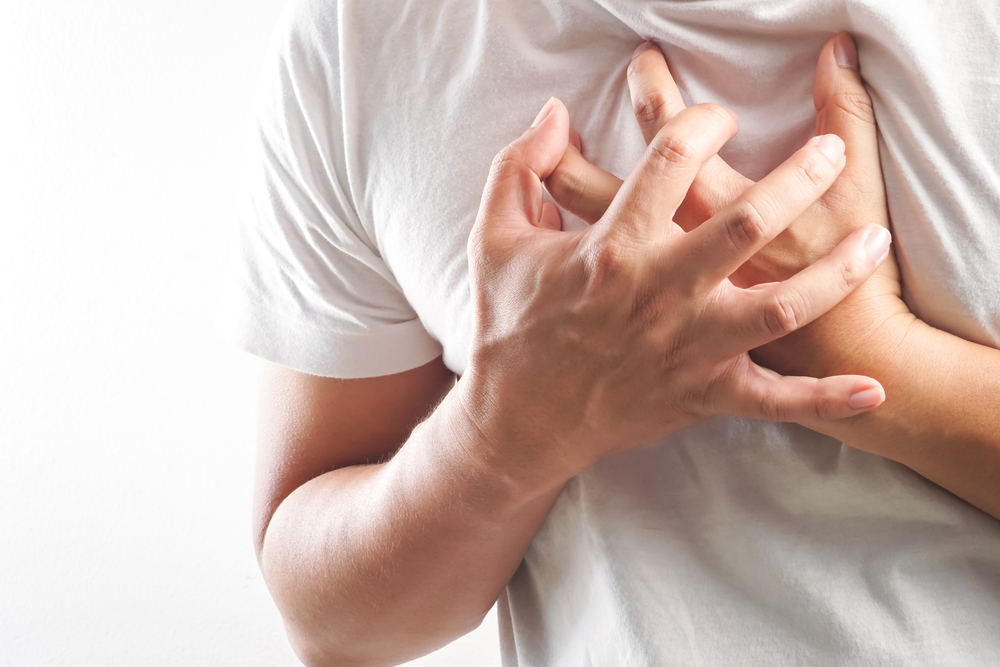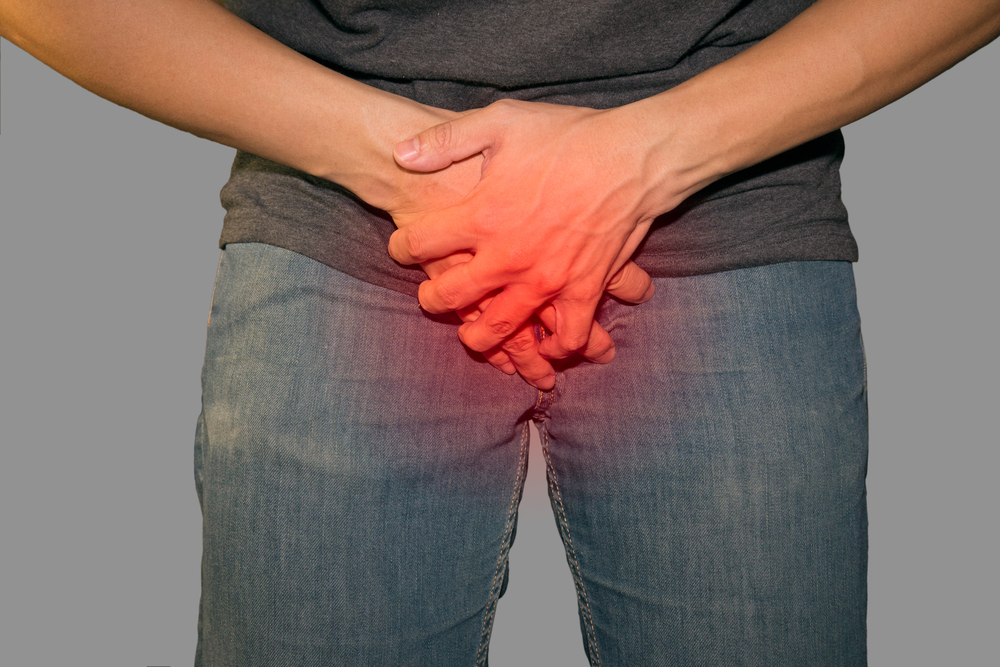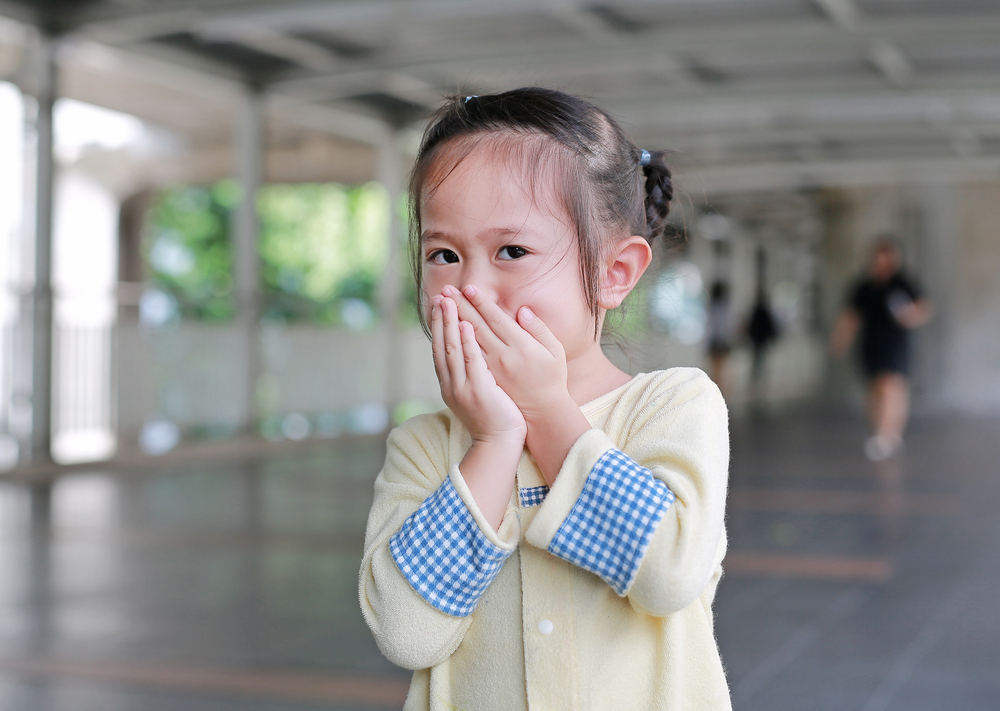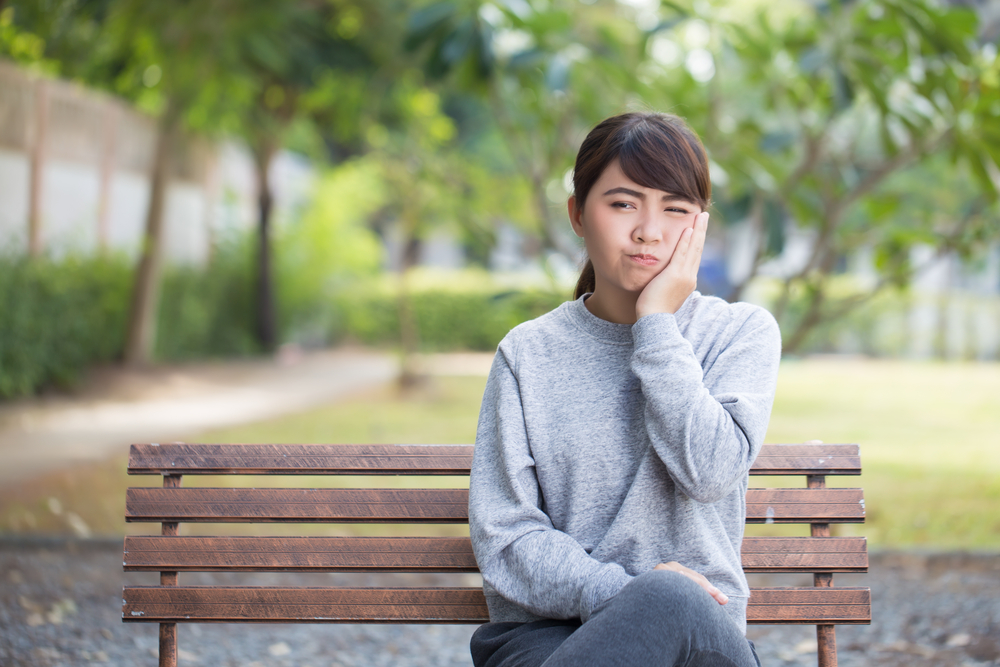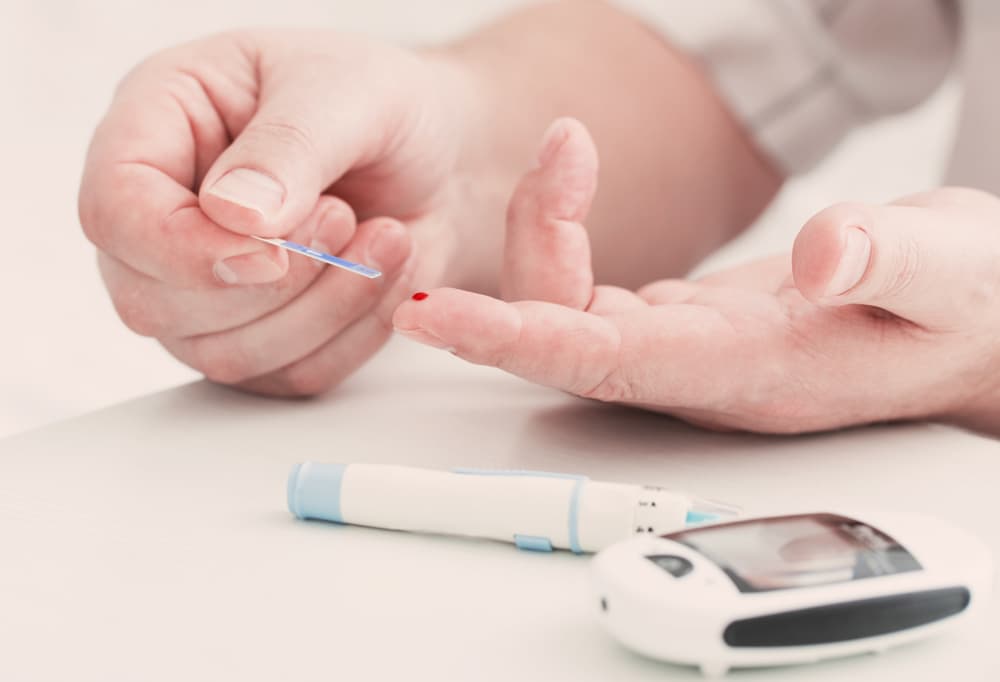Contents:
- Medical Video: 5 Types of Depressive Disorders
- What is the difference between major depression (major depressive disorder /MDD) and atypical depression?
- What are the symptoms of atypical depression?
- What causes atypical depression?
- Treatment for atypical depression
- Drugs
- Psychotherapy
- Lifestyle changes
Medical Video: 5 Types of Depressive Disorders
Not many know that depression actually has many types. One of the most diagnosed types of depression is major depression (major depressive disorder /MDD). Major depression (MDD) is then subdivided into several types, one of which is atypical depression. In this article, we will examine thoroughly about atypical depression.
What is the difference between major depression (major depressive disorder /MDD) and atypical depression?
According toDiagnostic and Statistical Manual for Mental Disorders (DSM) -IV, MDD is often referred to as classic type depression which is defined as a depressive mood that lasts at least 2 weeks.
The main symptoms of major depression include feeling sad, suffering, or continuous despair; losing interest and passion to do things that were once considered fun; loss of appetite and weight loss; and sleeplessness. Not a few people with major depression also have suicidal thoughts or suicidal tendencies.
Because atypical depression is a subtype of major depression, the characteristics of both are almost the same. The difference is, people who have atypical depression can experience mood enhancement in response to positive conditions and events. Meanwhile, classic MDD does not show any mood changes when facing pleasant conditions or events.
What are the symptoms of atypical depression?
Depressive symptoms can vary in each person. In addition to the common depressive symptoms as above, atypical depression will show the following symptoms:
- Your mood improves as you experience or see positive events, or hear good news.
- Experience at least 2 of the following symptoms:
- Increased body weight or increased appetite.
- Hypersomnia, a condition that is experienced when you are actually getting enough sleep but still feel sleepy and tired during the day.
- Paralysis aka weakness in the hands and feet.
- Interference with interactions with social life and work.
What causes atypical depression?
Just like other types of depression, the exact cause of atypical depression is unknown. However, there are a number of factors that can increase your risk of experiencing it. Common risk factors include:
- Traumatic experiences, such as physical violence, sexual violence, the death of a loved one, or divorce.
- History of alcohol and drug abuse.
- Diagnosed with serious illnesses such as cancer, HIV, stroke, and heart disease
- Genetic (there is a history of family members suffering from depression)
Depression can also be caused by hormonal imbalances in the brain that regulate moods, such as serotonin, norepinephrine, and dopamine.
Treatment for atypical depression
Depression should not be underestimated because it can prevent you from enjoying life to the full.
Treatment options for atypical depression can include prescription drugs, psychotherapy with psychologists, lifestyle changes, or also a combination of these.
Drugs
Your doctor may prescribe an antidepressant, such as monoamine oxidase inhibitors (MAOIs) or selective serotonin reuptake inhibitors (SSRI). Your doctor may prescribe one or several drug combinations to control your symptoms.
Be sure to ask your doctor about the side effects and interactions of food or medicine before you start taking them.
Psychotherapy
This therapy involves meeting with a therapist or counselor regularly. This type of treatment allows you to express all your feelings, identify unhealthy thoughts within you, and learn to solve problems.
Lifestyle changes
In addition to medication and therapy, lifestyle changes and home care can also help relieve symptoms of MDD atypical features. Lifestyle changes and treatments at home include:
- Avoiding drugs and alcohol.
- Exercise at least three times per week.
- Enough sleep.
- Apply relaxation techniques, such as deep breathing and meditation.
- Take certain supplements, such as fish oil.
Be sure to consult a doctor before you start taking any supplements. Some natural treatments can interact with certain drugs that are used to treat depression.

